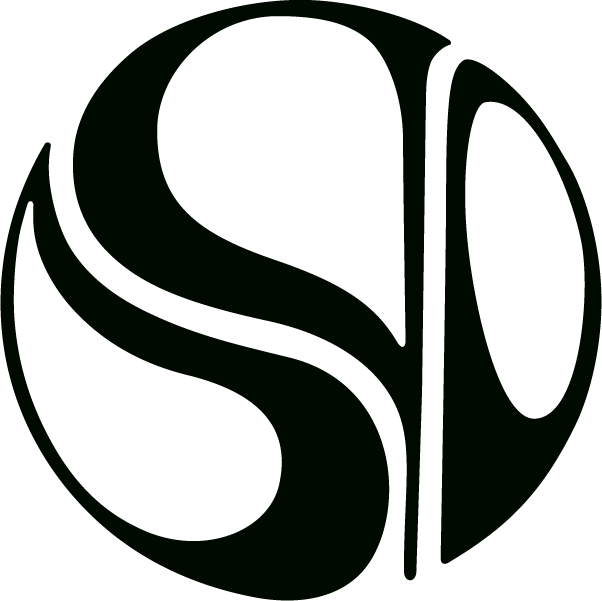Apothékary Undergoes Rebrand And Is Projected To End The Year With $25M In Sales | Beauty Independent
Plant-based health and wellness brand Apothékary is undergoing a makeover that will include larger glass packaging with refillable pouches, an updated subscription service, new branding and a revamped customer experience model to address the brand’s biggest pain point: A lack of education around how to use its herbs.
“Traditionally in herbal medicine in the east, you walk into these herb shops, you talk to someone and then you walk out with a bag of herbs and you have no idea really what’s inside, but it does cover all of your needs because someone truly listened to them,” explains founder Shizu Okusa.
Apothékary hopes to mirror that experience stateside with free 15 minute consultations available every day. The brand currently has three people dedicated to taking calls and Okusa estimates they field around 20 to 25 a day.
She also brought on herbalist Rachelle Robinett to help with in-house product education classes. Additionally, the brand is working on a technology-based platform which will allow consumers to create personalized herbal medicine plans.
“By prioritizing education and being direct, we’re able to collect that feedback at what is still an early adoption stage for the customer and as we grow over the next two to three to four years, that early adoption stage will become more and more mass market,” says Okusa. “And I do think with legalization of, say, mushrooms over the next few years, herbs are sort of that first defense before you even go into the world of psychedelics and so I do see that category as massively growing together in all things nature and plant medicine.”
Okusa launched Apothékary at the top of 2020 and admits she had a fuzzy vision of what she wanted the company to be at the time. She reflects, “We never took a step back to ask ourselves, truly, who are we? What are we trying to do? Who are we trying to serve? Is this the best format for the customer? Is this best for Mother Nature? And it was like, no, no, no, no and no.” This 2.0 version is the brand she always wanted to launch.
Apothékary is Okusa’s second business in the wellness space. In 2012, she co-founded Jrink, a cold-pressed drink company based in Washington, D.C., with a coworker while working as a private equity analyst for The World Bank. It was acquired by Purée Juice Bar in 2019. Around that time, Okusa became more curious about her mental health journey and began tapping into 1routines and rituals from Japanese medicine. “I think that, in the western world, we just pop pills left and right and there’s nothing wrong with that format per se, but I started to think about how do we really get to the root cause and not just treat the symptom?”
The solution is what Okusa calls “Mother Nature’s Farmacy” which, today, consists of Apothékary’s 12 single herbs, 15 signature formulas and one tincture. The idea is that customers can swap their current crutches for something plant-based. Okusa elaborates, “So, whether it’s melatonin for our Do Not Disturb blend, or whether it’s red wine for our Stop Your Wine-Ing blend or white wine for our Take The Edge Off tincture, you can basically address all parts of your wellness needs throughout the day.”
The first year in business, Chill The F Out was Apothékary’s bestselling product, followed by Stop Your Wine-Ing. Take The Edge Off launched at the end of last year and sold out in seven days. The pre-order volume grew to be ten times that of Stop Your Wine-Ing Okusa shares. It’s the brand’s first foray into liquid formats and won’t be its last. More tinctures will be launching next month.
Okusa has Apothékary’s product roadmap outlined for the next two years. She plans on incorporating clinical trials down the road as well. She’s focused on acute needs that people haven’t yet realized, be it headache pains or tension in the chest. “We kind of have enough research and data to be like, this is what we think you need and what you’re going to love based on what we’re seeing today and we’re constantly doing that ahead of the curve two, three years beforehand,” she says.
The brand spends around 20% to 25% of its top line on marketing and educational efforts. Okusa has put money toward paid social ads, coupling that with podcasts, influencers, partnerships with fitness classes like The Class and SolidCore and pop-ups, one of which is planned to happen in Soho in September. Apothékary will be on retail shelves permanently in the next month. Okusa declined to share which retailer she’s partnering with, but notes that the brand will be going international.
Apothékary hit over a million dollars in revenue in its first six months and is expected to hit $25 million this year, according to the brand. Okusa raised a $3.5 million seed round for Apothékary in 2021 primarily from Jrink investors along with herself. She told Beauty Matter in 2021, “When thinking of this next stage of the business and all that we want to accomplish to better serve our customers, I thought to myself, ‘Why shouldn’t a founder lead and invest in their own company?'”
She raised another $4.5 million in September 2022 which Okusa describes as an “opportunistic” fund. “We are profitable, so we may or may not ever need to raise capital again, which is a nice place to be,” she says. She shares that she’s interested in acquiring assets, formats or companies that may make sense for the portfolio inside of Apokthékary in the future. For now, she’s focused on the north star of driving the best customer experience and growing her team of 42 employees to 45 in the next year. She says, “We’re nimble and hungry and excited.”




